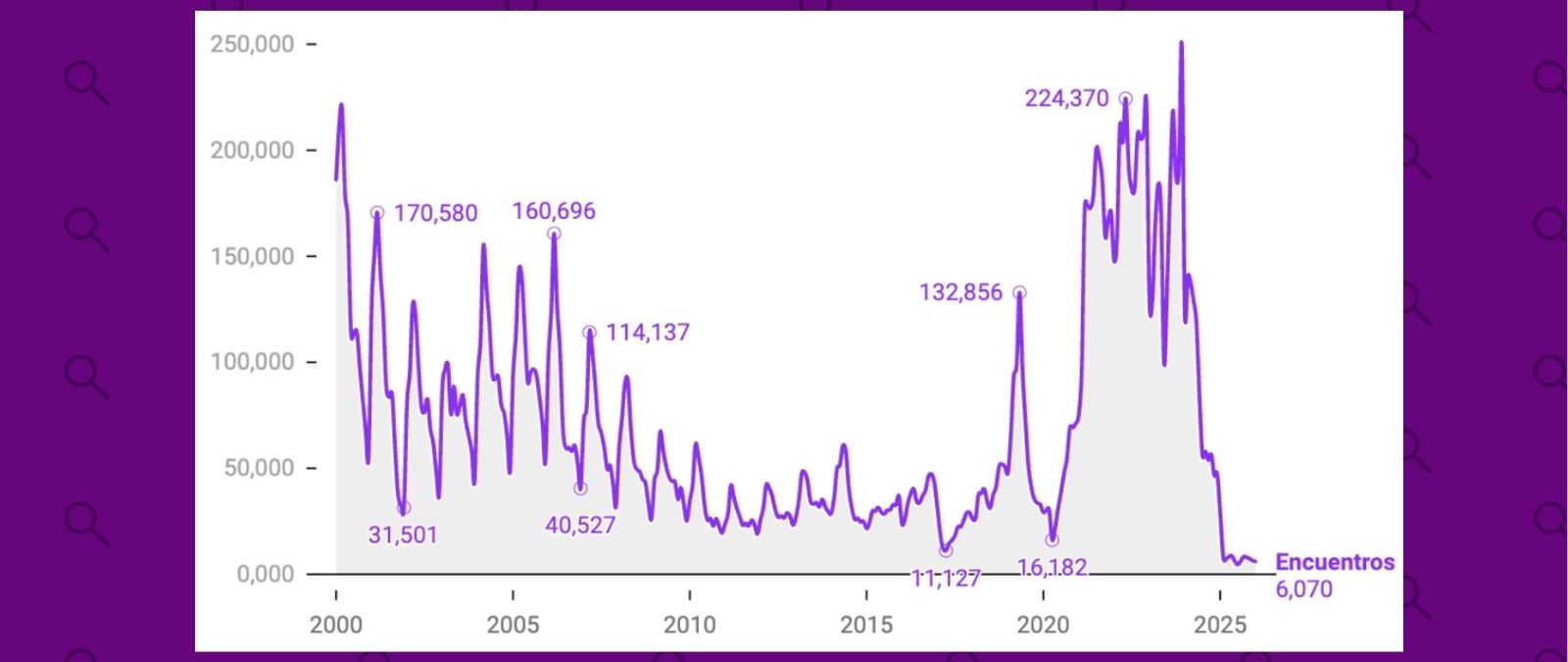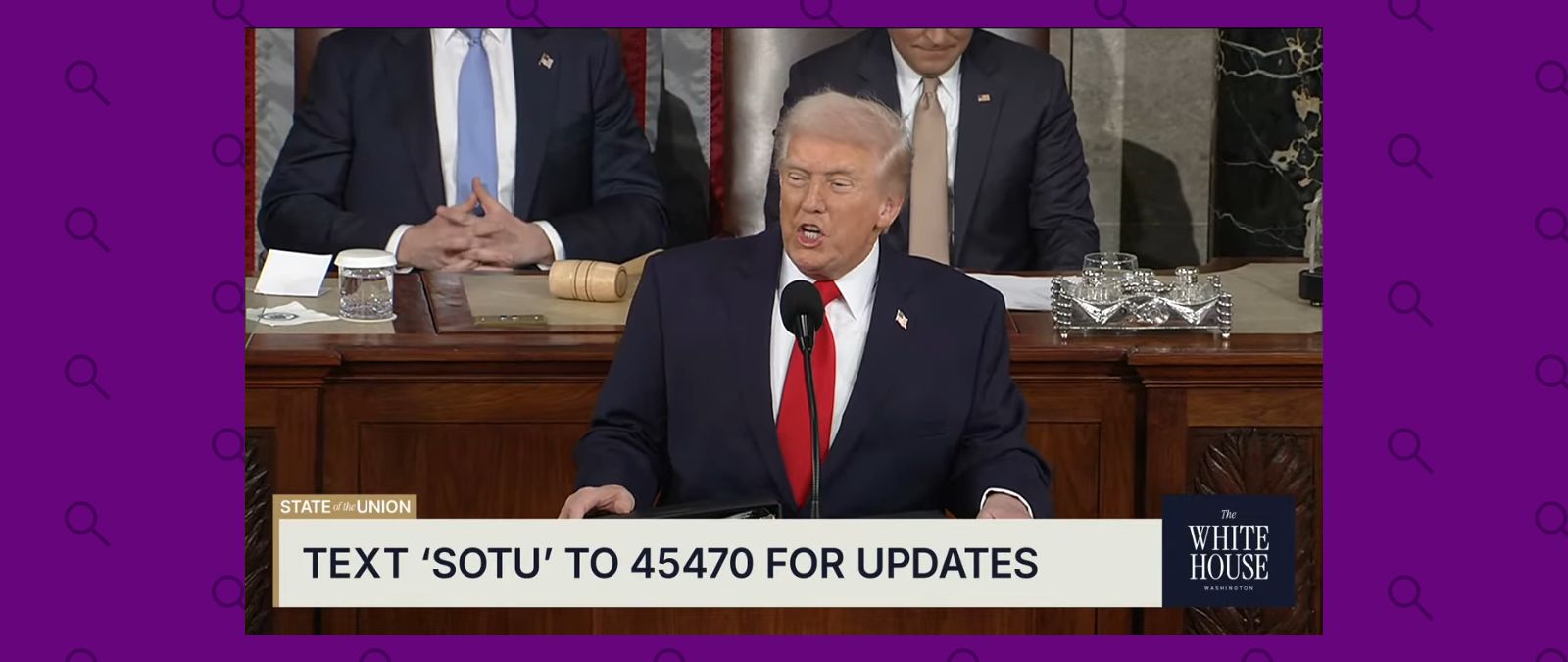The Congressional Hispanic Caucus, or CHC, is a group of federal Congress officials and senators dedicated to “voicing and advancing, through the legislative process, issues affecting Hispanics in the United States, Puerto Rico, and the Commonwealth of the Northern Mariana Islands.” Currently, it has 42 members: 4 senators and 38 Congress officials. They have nothing to do with the presidential caucuses held in some states like Iowa or Nevada to choose their presidential precandidates.
The Hispanic Caucus was founded in 1976 by 5 Hispanic members of Congress who wanted to “reverse the national pattern of neglect, exclusion and indifference suffered for decades by Spanish-speaking citizens of the United States.”
Lee esta historia en español haciendo clic aquí.
Although among its founding members there were 2 Republican congressmen and 3 Democrats, all current members are Democrats. The last Republican members of the caucus resigned in 1997 to protest a meeting between then president of the caucus (Democrat Xavier Becerra) and Cuban leader Fidel Castro. One of them, Mario Díaz-Balart, founded the Congressional Hispanic Conference in 2003, which today has 17 members - all Republicans.
Democrats have the Hispanic Caucus; Republicans the Hispanic Conference
At least 2 Republican Congress members have tried to join the Hispanic Caucus in the last couple of years. Florida representative Carlos Curbelo was rejected by its members in 2017 as reported by the Miami Herald, and Texas representative Mayra Flores denounced in 2022 that she was prevented from joining despite being “the first Mexican-born American Congresswoman.” Although it was not the case in 2017, The Texas Tribune posted in 2022 that the Hispanic Caucus bylaws explicitly block Republicans from joining.
Besides the Hispanic Caucus, that only includes Democrats, and the Hispanic Conference, that only includes Republicans, there is another official Latino organization for federal legislators: the Congressional Hispanic-Serving Institutions Caucus. This is an initiative from the Hispanic Association of Colleges and Universities to seek support from members of Congress and it includes members of both parties.
Congressional caucuses are groups formed by legislators joined by a common cause. One of the most famous caucuses is the Congressional Black Caucus, founded in 1971, which includes members of both parties. However, there are hundreds of different associations in the 118th Congress alone, like: the Ahmadiyya Muslim Caucus, the American Seafood Caucus (for politics related to seafood), the Arthritis Caucus, or the Colorado River Caucus, the 5G Caucus and Agritourism Caucus, among others.
Factchequeado is a verification media outlet built by a Spanish-speaking community to tackle disinformation in the United States. Do you want to be part of it? Join us and verify the content you receive by sending it to our WhatsApp +16468736087 or to factchequeado.com/whatsapp.
See also:
Caucus: what they are and why there are important to elect presidential candidates









